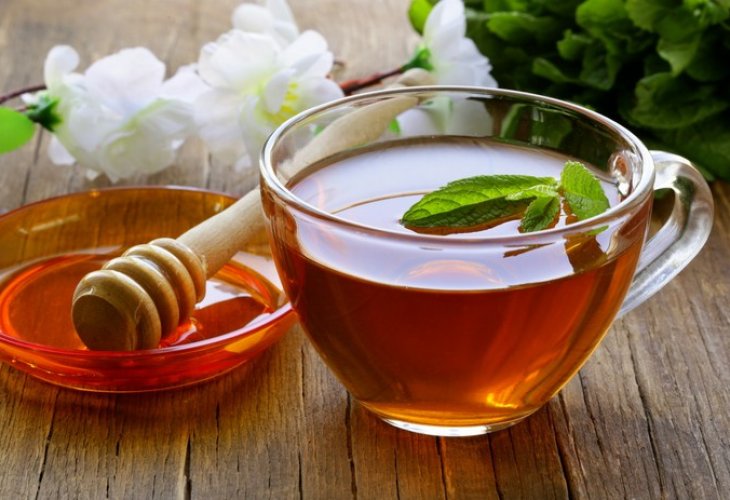Love Tea with Honey? Never Do This!
Studies from the last decade recommend honey in tea for easing cold symptoms, but not in boiling water. Why? Find the answer inside, along with interesting honey facts you might not know.
 (Photo: shutterstock)
(Photo: shutterstock)Honey. Much has been said about the natural sweetener that many of us love to add to our steaming cup of tea - but is it really the right thing to do? Well, numerous studies conducted over the past decade suggest that while it's recommended to use honey in tea to alleviate cold symptoms, one should not do so in boiling water. Why? Good thing you asked.
It turns out that not only does honey lose its health benefits when heated, but essential enzymes and vitamins are also destroyed, making it essentially like consuming 10 tablespoons of white sugar in one cup.
What else should you know about honey before consuming it? Here are some particularly enlightening points:
- Since honey comes from the bee's body, it also contains negative components such as pesticides and botulism bacteria - which can cause the botulism illness in children.
- In New Zealand, several deaths have been recorded due to honey consumption, produced from nectar containing a toxin called tutin (mainly found in wild plants).
- Honey is classified as healthy partly based on the parameter of bee diet, including whether they receive antibiotics, for instance. In Canada, honey was disqualified due to the suspicion of sulfonamide antibiotic residues, which "could potentially cause serious reactions and even endanger the lives of people sensitive to this type of antibiotic".
- The darker the honey, the healthier it is. Therefore, consuming more honey from eucalyptus nectar, for example, is advised as it contains a higher percentage of minerals, potassium, iron, phosphorus, antioxidants, and magnesium.

